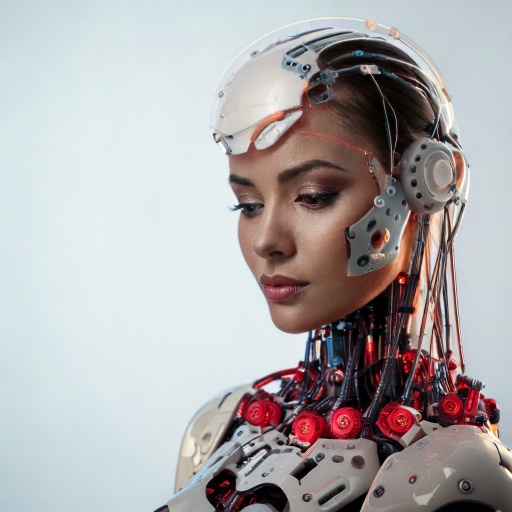Embracing Intelligent Agents: How Non-Human Workers Are Transforming Restaurants

The Rise of Digital Employees in Hospitality
In recent years, the restaurant industry has faced major challenges, including labor shortages and increasing operational costs. To address these issues, many businesses are turning to intelligent agents—advanced digital employees that assist with various tasks. One company leading this innovation is Richtech Robotics, which has introduced AI-powered robots like ADAM, a two-armed machine capable of preparing drinks and interacting with customers.

Enhancing Customer Experience with Non-Human Workers
Instead of replacing human employees, non-human workers are designed to complement their roles. Robots like ADAM handle repetitive tasks such as mixing cocktails, brewing coffee, and transporting food, allowing human staff to focus on personalized customer service. According to Matthew Casella, president of Richtech Robotics, automation enhances the overall dining experience by freeing employees to engage more with guests.

The Future of AI in Restaurants
The integration of digital employees is part of a larger trend in hospitality and other service industries. As AI and robotics continue to evolve, restaurants can improve efficiency while maintaining a high level of customer satisfaction. The goal is not to replace human workers but to create a more seamless and enjoyable dining experience.

Key Highlights:
- AI-powered robots like ADAM assist with beverage preparation and service tasks.
- Intelligent agents allow human employees to focus on customer interaction.
- Automation in restaurants follows similar trends in healthcare and retail.
Reference:


